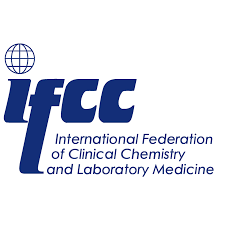Clinical Chemistry (in English : Clinical chemistry full) (also known by other names such as: Clinical Biochemistry clinical biochemistry, or the science of chemical diseases , chemical pathology, or chemistry biomedical medical biochemistry or pure blood chemistry pure blood chemistry), one of the branches of pathology who is interested in General analysis of body fluids This specialization originated in the late nineteenth century and was used in simple chemical tests that were performed on a group of blood and urine synthesis compounds
Later in the application of other techniques, including the use of measuring the activity of enzymes , and optical spectroscopy spectrophotometry, electrical and Rahlan electrophoresis and immunological calibration immunoassay
Most of the existing laboratories are highly developed, in which tests are used that closely monitor and control high-quality systems
All biochemical tests come within chemical pathology. These tests can be applied to any type of body fluids , but most are applied to serum or plasma . Serum is the watery yellow part of the blood that comes out when the blood clots and all of its cells are removed. This process is easily carried out by centrifugation, which mobilizes condensed blood cells and platelets and transports them to the bottom of the centrifuge tube, leaving the liquid-serum-part excreted from the top of those congested cells. As for the plasma, it is basically similar to serum, but it can be obtained by performing a centrifugation process on the blood without the need for clotting. Thus, the plasma contains all coagulation factors, including fibrinogen

- معلم: يمامه جواد عباس